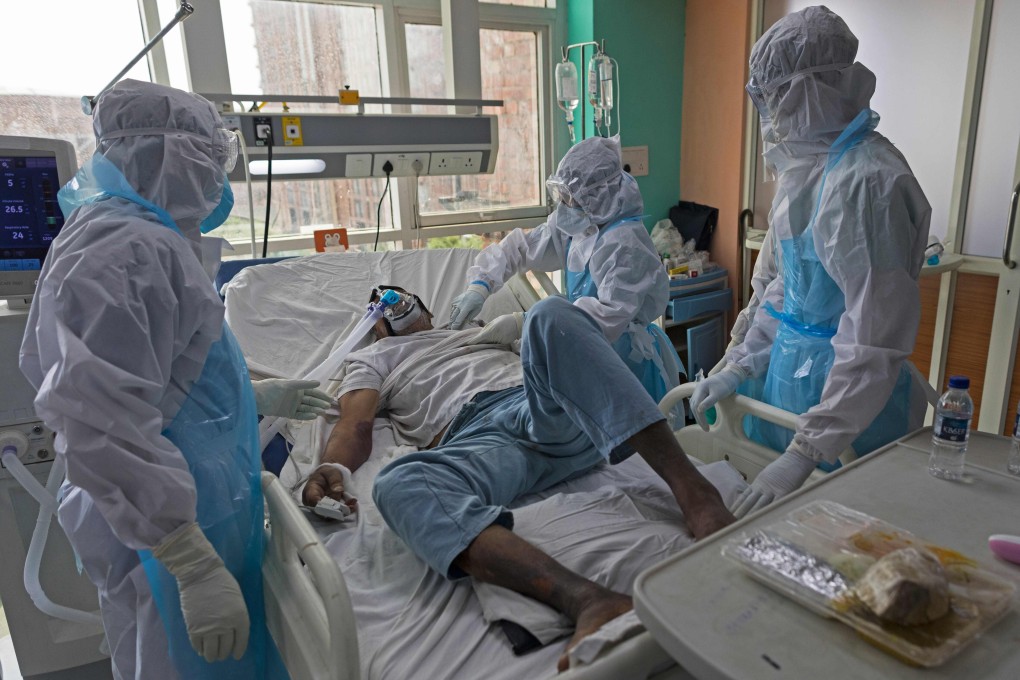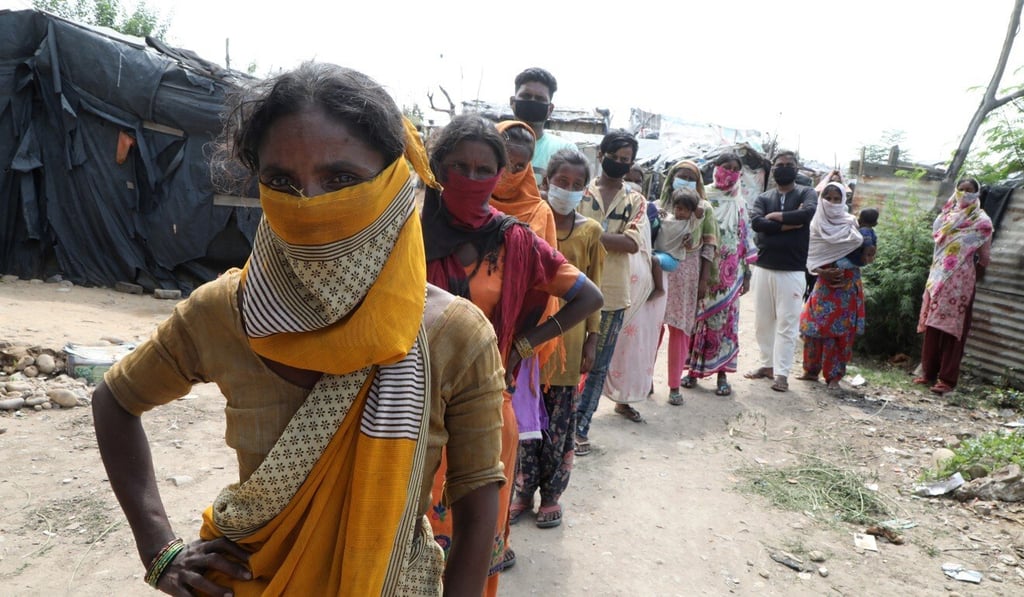Coronavirus latest: India surges past 1 million cases in grim milestone
- With more than 600 Indians dying daily, lockdowns are being reimposed across the country of 1.4 billion after an easing of restrictions in recent weeks
- Indonesia’s capital of Jakarta will also maintain social distancing restrictions for a further two weeks in response to its latest spike in infections

With almost 1.4 billion people, India’s population is more than double that of the other two countries combined and is squeezed into a smaller land mass, implying the virus has plenty more room to run. Though India imposed the world’s most-expansive lockdown at the end of March with fewer than 1,000 cases, it could not suppress viral transmission. As the economy nosedived, the government eased distancing measures, causing the cases to spike.

So far, three states – Maharashtra, Delhi and Tamil Nadu – have accounted for the majority of cases. But in India’s vast countryside, which is much less prepared and with weaker health care, the pandemic is clearly growing.
“The acceleration in cases remains the main challenge for India in the coming days,” said Dr Ashish Jha, director of the Harvard Global Health Institute, adding that the vast majority of cases were still being missed.